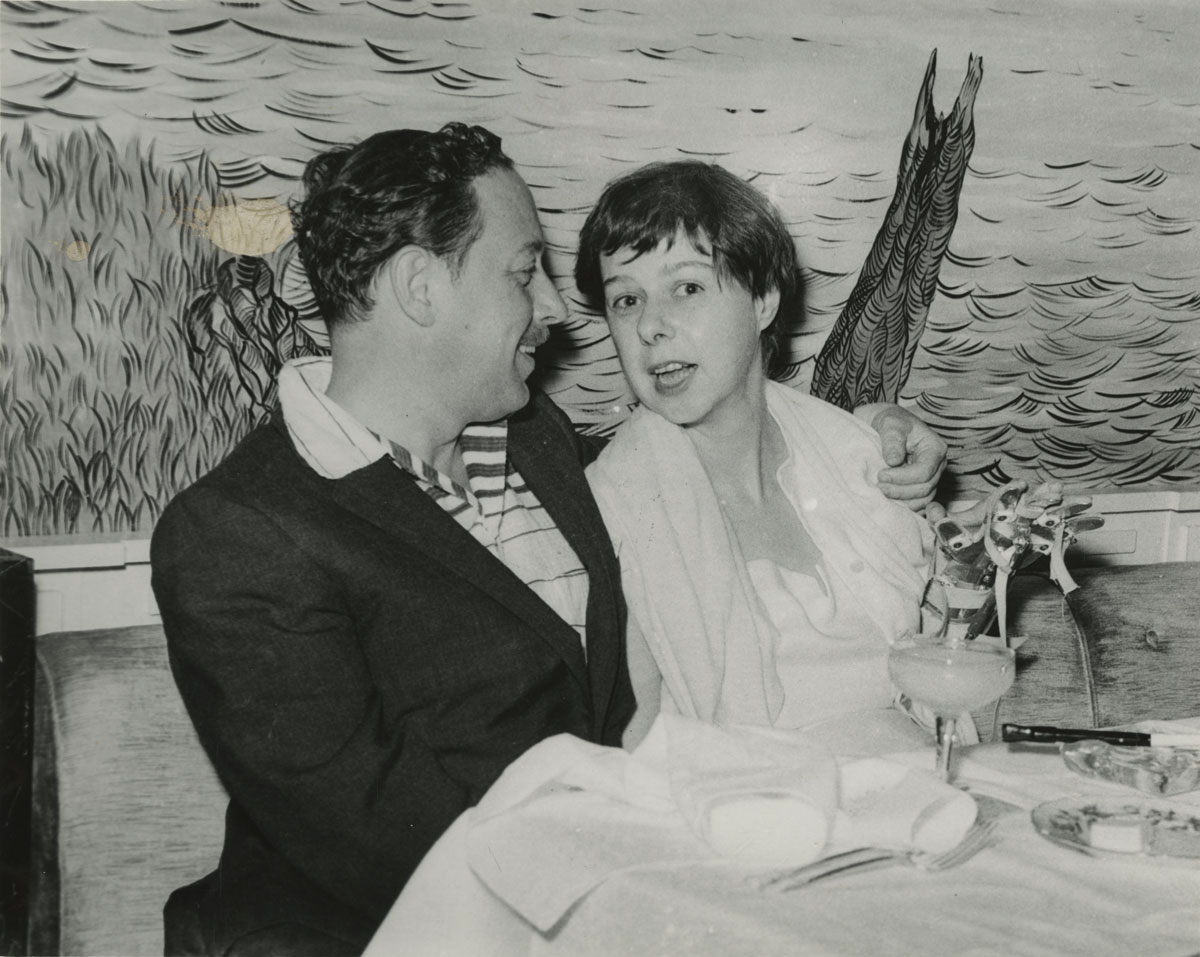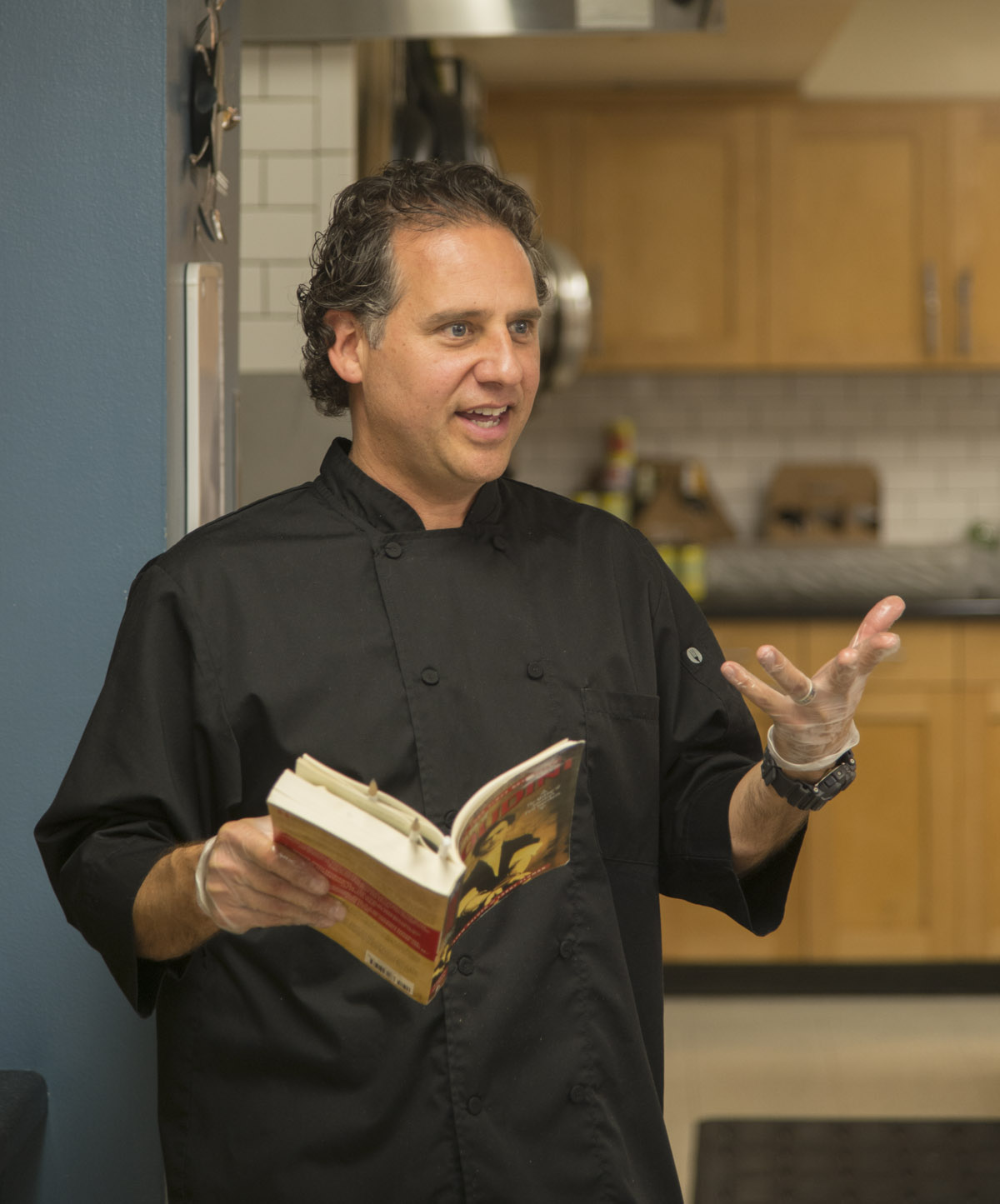“It has been said that loneliness is the great American malady. What is the nature of this loneliness? It would seem essentially to be a quest for identity.”—Carson McCullers’s essay “The Nature of Loneliness”
Member Profile: Susan Scafati
We are pleased to share our interview with Ransom Center member Susan Scafati, an Austin-based, American contemporary artist. She is a member of Lakes Were Rivers, an artist collective showcased in the Ransom Center’s 2013 exhibition Contemporary Photographic Practice and the Archive. [Read more…] about Member Profile: Susan Scafati
A touch of illusion… and sprinkle of paprika
The Harry Ransom Center partnered with Central Market to present “Dining with Harry Houdini,” a cooking class inspired by the life of the legendary performer and stage illusionist, on Sunday, October 16, 2016. [Read more…] about A touch of illusion… and sprinkle of paprika


